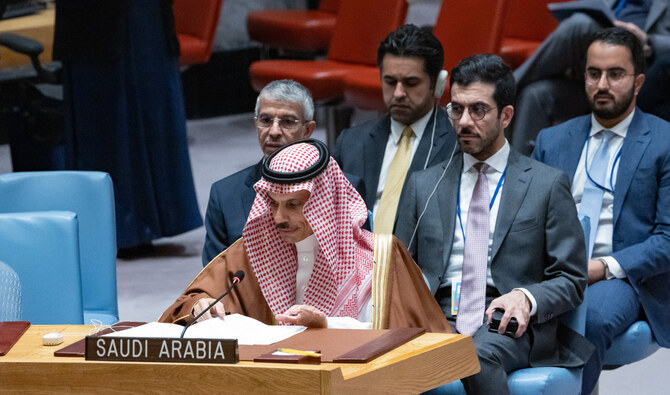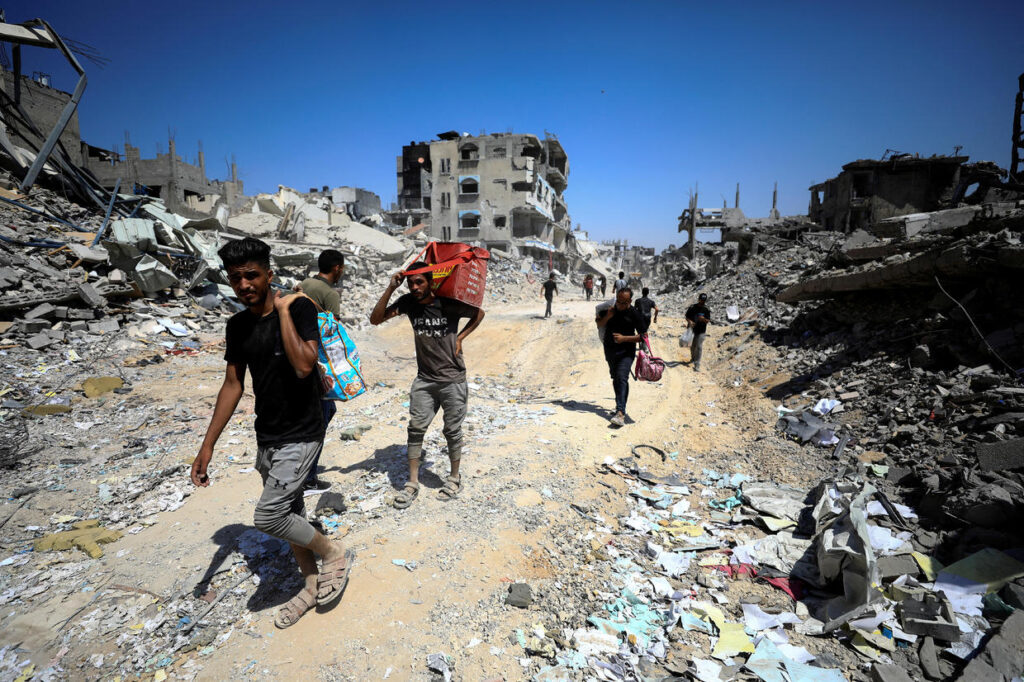Saudi Arabia’s Minister of Foreign Affairs, Prince Faisal bin Farhan bin Abdullah, called on G20 nations to support a “reliable” path towards an independent Palestinian state and enable a ceasefire in Gaza during the second G20 Foreign Ministers’ meeting held on the sidelines of the 79th United Nations General Assembly in New York on Wednesday.
In his address, Prince Faisal emphasized the critical role of the G20 in global leadership, stating, “The fact that our meeting is being held on the sidelines of the United Nations General Assembly is an indication of the importance of the G20 and its leadership in ensuring the health of the global economy, enhancing multilateral cooperation, and finding innovative solutions to common challenges.”

The Saudi minister highlighted the urgent need for collective action and reform of international institutions, particularly in light of ongoing conflicts. He criticized the handling of the humanitarian crisis in Palestine by some international bodies, stating that their failure “creates a gap in international action and a crisis of confidence that undermines their legitimacy.”
Addressing the situation in Gaza, Prince Faisal warned that prolonging the conflict “deepens the suffering of the Palestinian people, threatens international peace and security, and undermines the chances of achieving comprehensive peace in the region.” He called on G20 countries to intensify efforts to confront Israel’s “serious violations of international laws and norms” and work towards a ceasefire and Palestinian statehood.

The Saudi Foreign Minister also advocated for comprehensive reform of the United Nations system, especially the Security Council. He stressed the need for “radical reform to compensate for the defects in addressing crises, responding to the needs of people, and keeping pace with international transformations and development requirements.”
Prince Faisal affirmed Saudi Arabia’s commitment to enhancing the Security Council’s credibility and effectiveness, viewing such reform as crucial in addressing contemporary global challenges and contributing to “a more just, secure and stable world.”



